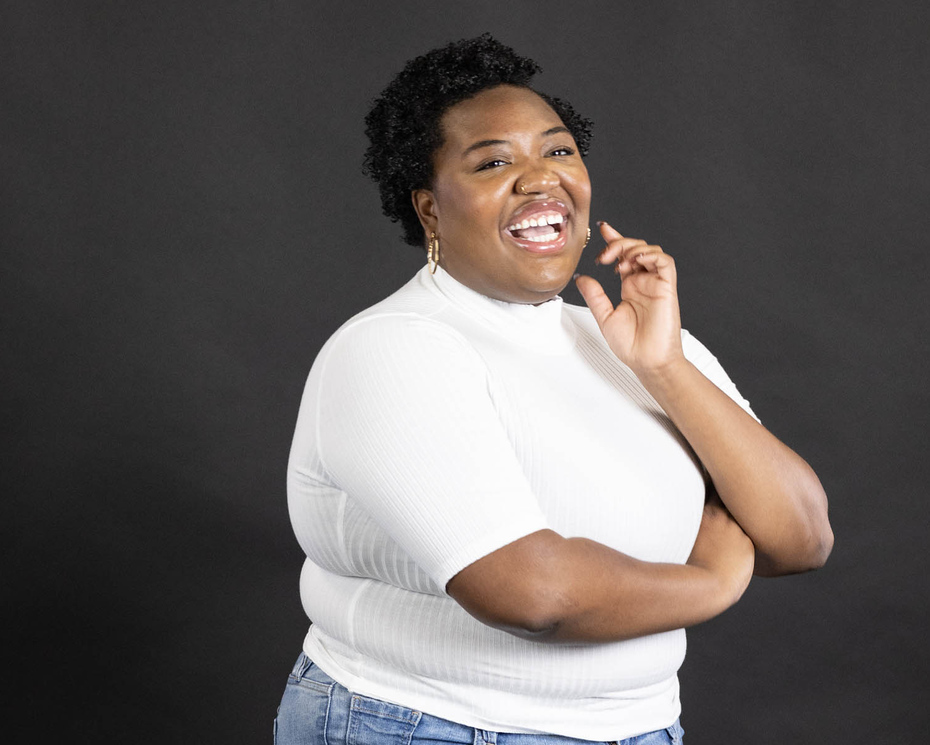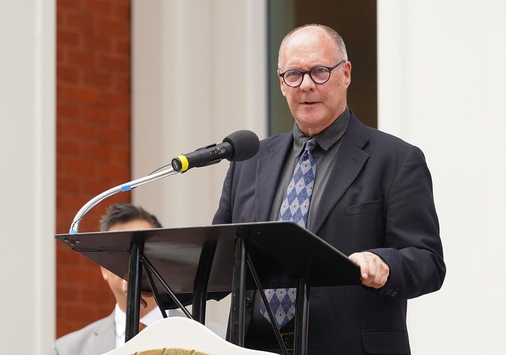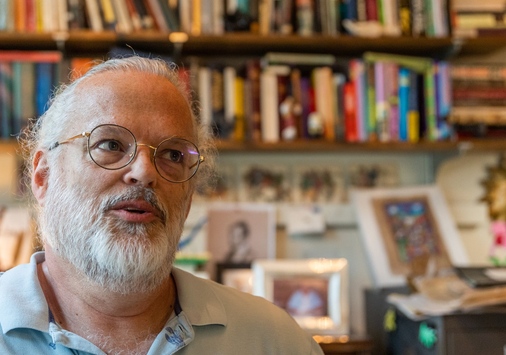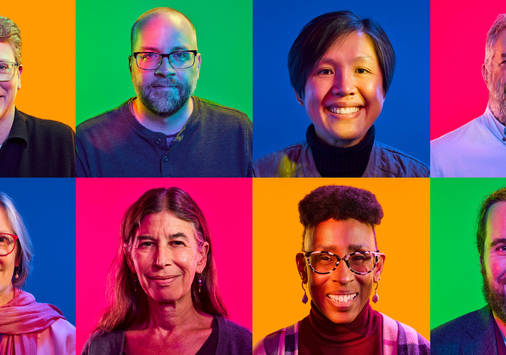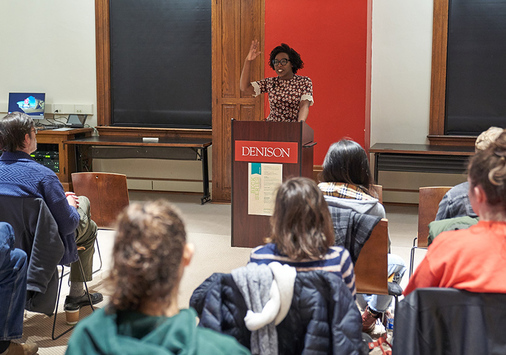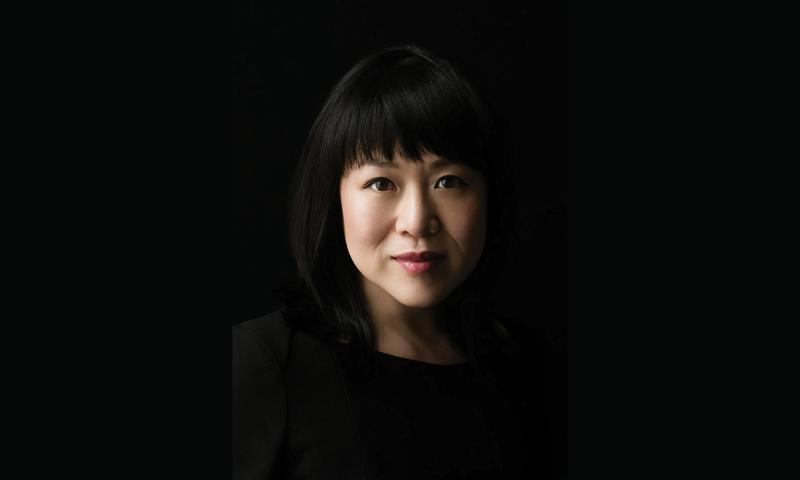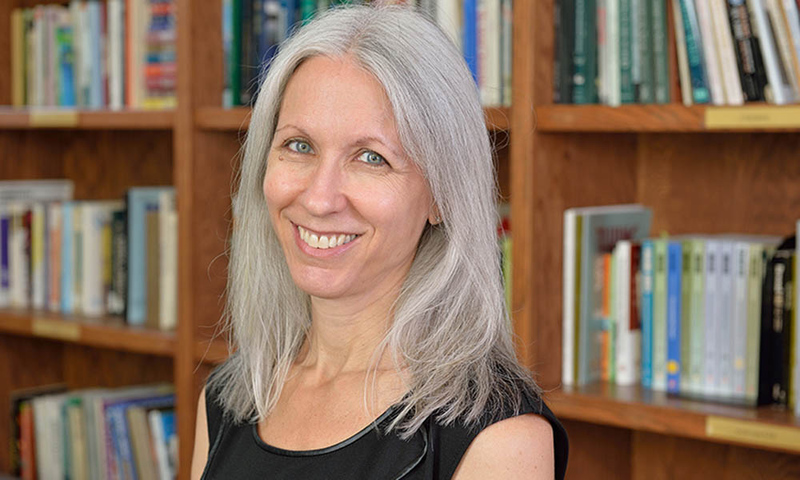
In a recent MS. magazine article, Professor Diana Mafe makes the case that “Wakanda Forever” is both a celebration of Black women in film, and an ironic example of how Black women are marginalized in the film industry.
In the article, Mafe notes:
… even as Wakanda Forever ‘lifts up’ Black women on an unprecedented scale, it also goes to great lengths to remind the audience that T’Challa was the intended hero. It took a tragedy for Marvel Studios to finally cast a Black woman as a title character in its running tally of superhero films. In other words, this milestone came about through necessity rather than design. And that fact is another sticking point, which marks Shuri and her supporting cast with a strange secondary quality.
Boseman presented undeniable talent and a riveting T’Challa. It seems right to pitch the film as something of a cinematic eulogy. At the same time, one must recognize that the ascension of his female co-stars to more pivotal roles hinges on his absence and the need to reimagine Wakanda without him. I’m not convinced that, in the words of one headline, Black women are the “heart and soul” of the film. From the opening Marvel logo to the final scene, from behind-the-scenes footage to Danai Gurira’s introduction of “Lift Me Up” at the Oscars ceremony, the creators of Wakanda Forever insist that T’Challa is the heart and soul of the film. The female characters, no matter how impressive, cannot quite compete.
A female actor taking on a role originally written for a man has yielded some iconic cinematic heroines, including Ellen Ripley (Sigourney Weaver) in the Alien franchise and, more pertinently for this conversation, Lydia Tár (Cate Blanchett) in Tár and Evelyn (Michelle Yeoh) in Everything Everywhere All at Once. All three of these roles earned Oscar nominations for best actress, and Yeoh, of course, just took home that prize.
But Wakanda Forever is not that kind of film and was never intended to be. The goal, understandably, was not to replace T’Challa. And so the interminable wait continues—for more roles written for and by Black women; for more Black women to direct, produce and star in feature films; and for the film industry to simply recognize the Black women already doing those things as the superheroes they are.
